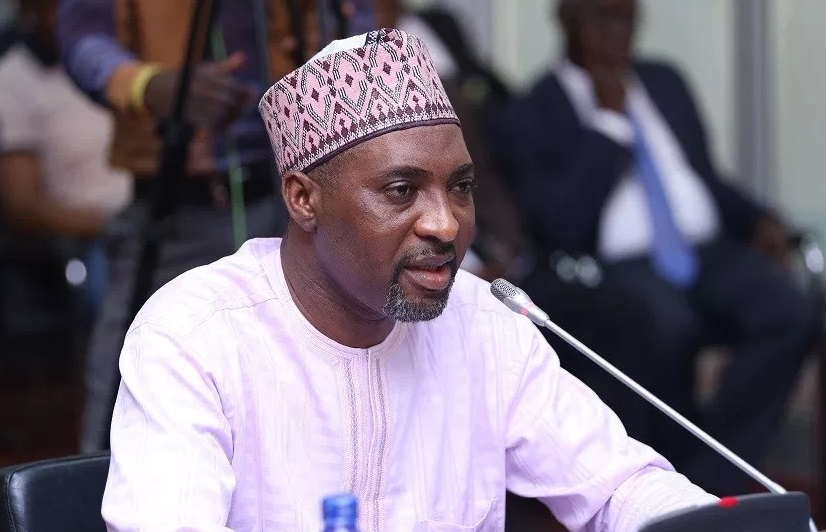As Pranksters Flood Hotlines
By Gifty Boateng
Recent data has revealed a disturbing trend in Ghana, as close to 99% of toll-free calls made to essential security agencies and emergency response organizations have been identified as mere pranks, hindering their ability to effectively respond to genuine crises.
During the period from April 14 to April 23, 2025, a total of 168,104 toll-free calls were placed to institutions such as the Ghana Police Service (GPS), Ghana National Fire Service (GNFS), Ghana Ambulance Service (GAS), and the National Disaster Management Organization (NADMO).
Shockingly, 167,138 of these calls, accounting for almost 99% of the total, were found to be false alarms.
The regions most affected by these prank calls include Greater Accra, Central, Savannah, Western, Bono, Volta, Eastern, and Ashanti, with only a handful of legitimate calls reported.
This pattern of abuse has ensued despite repeated calls from figures such as Interior Minister Mahammed Muntaka Mubarak for the public to refrain from misusing emergency lines.
In a recent address at the commissioning of a new fire station in Yesukrom-Fetteh, Central Region, Minister Mubarak emphasized that these prank calls not only disrupt emergency services but also deplete resources needed for real emergencies.
These actions pose a significant threat to public safety and hinder the prompt and efficient response to genuine crises.
Echoing these concerns, ADO 1 Derrick Elorm Adzokpa from the Public Relations Department of the Ghana National Fire Service highlighted the detrimental impact of these false calls on their operations.
Adzokpa emphasized the urgent need to address this issue, noting some progress in reducing prank calls but stressing that the problem persists as a serious challenge.
Despite efforts to raise awareness and educate the public on the consequences of such misuse, the prevalence of prank calls to emergency hotlines remains a pressing issue that jeopardizes public safety and emergency response capabilities.

